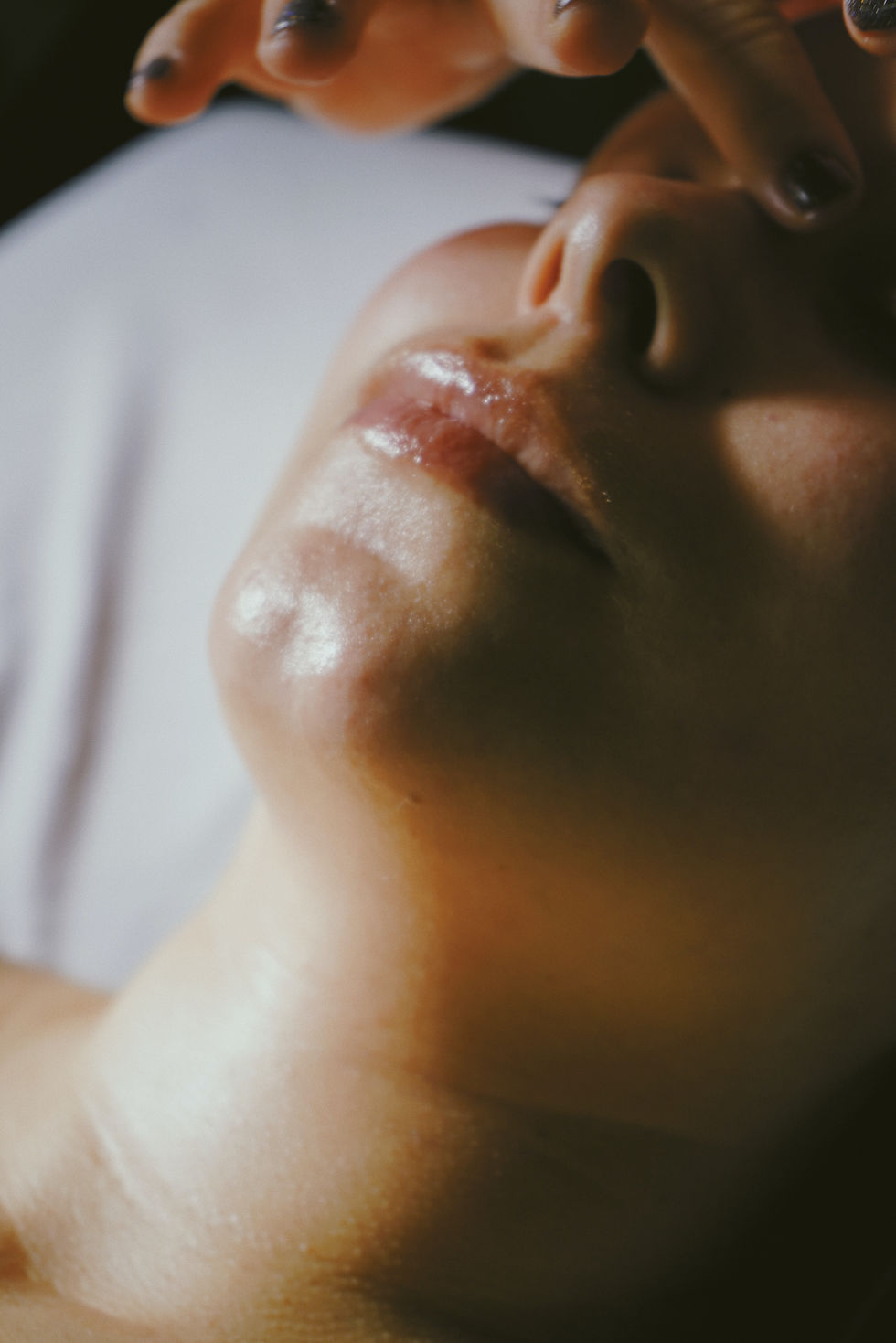The Hidden Link Between Acne Inflammation and Sulforaphane Support
- Kalon Skin Studio

- Nov 11, 2025
- 2 min read

If you’ve been dealing with stubborn breakout, even while eating clean, hydrating, and sticking to an acne-safe routine. There’s a good chance you’re caught in a cycle of acne inflammation your body can’t keep up with.
And after reviewing dozens of Clear Skin Maps lately, I keep seeing the same pattern repeating in over 70% of cases:
A sulforaphane deficiency.
Not a broccoli deficiency. Not a skincare deficiency. A root-cause antioxidant deficiency that directly fuels inflammation from the inside out.
Let’s break down what this means and why it matters.
Low Sulforaphane = Higher Acne Inflammation
Sulforaphane is one of the body’s strongest internal antioxidants, the kind your system relies on to keep inflammation signals under control.
When sulforaphane drops too low:
inflammation speeds up
flare-ups get worse
redness lingers
cysts feel deeper
reactivity increases
Even the “healthy” acne girlies doing everything right experience this.
This is often one of the missing links behind persistent acne inflammation that won’t calm down.
Phase 2 Detox Needs Sulforaphane to Neutralize Irritation
Everyone talks about “liver detox” but almost nobody understands Phase 2.
Phase 2 is where toxins bind, neutralize, and exit your body.
Sulforaphane supports the enzymes that make this process WORK.
When it’s lacking:
toxins don’t bind
they recirculate
inflammation rises
acne inflammation amplifies
That irritation doesn’t stay internal, it shows up on your skin.
Hormonal Acne Inflammation Increases When Sulforaphane Is Low
Sulforaphane plays a role in supporting estrogen metabolism.
When levels are low:
estrogen metabolites linger
detox slows
hormonal inflammation increases
jawline + chin breakouts worsen
If you're dealing with cyclical acne inflammation, this depletion is often part of the puzzle.
Sulforaphane Strengthens the Skin Barrier from the Inside
One of the most overlooked benefits of sulforaphane is how it helps activate the body’s own antioxidant defense system, far stronger than anything topical.
When internal antioxidant support is low, people often experience:
sensitivity
stinging
product reactivity
barrier irritation
This is why some acne-safe products still feel like “too much”, not because the product is wrong, but because the internal inflammatory load is high.
Why Sulforaphane Gets Depleted
The body burns through sulforaphane quickly when exposed to:
ongoing stress
inflammation
nutrient depletion
toxin load
hormonal shifts
These aren’t medical conditions, just real patterns I see repeatedly in acne cases with high inflammation.
Simple Ways to Support Sulforaphane
For anyone wanting to explore internal support, common food and supplement sources include:
broccoli sprout extract
adding more cruciferous foods
Simple, supportive ways to increase sulforaphane availability.
When You Want Deeper Clarity
Clear Skin Map reviews help highlight patterns, things like inflammatory trends, antioxidant gaps, stress load indicators, and overall internal rhythms your skin may be responding to.
It gives you a clearer picture of what’s going on beneath the surface, so you’re not guessing or spiraling every time a breakout shows up.
If you’ve been stuck in the “I’m doing everything right” cycle and your acne inflammation still doesn’t make sense… deeper insight can finally connect the dots.




Comments